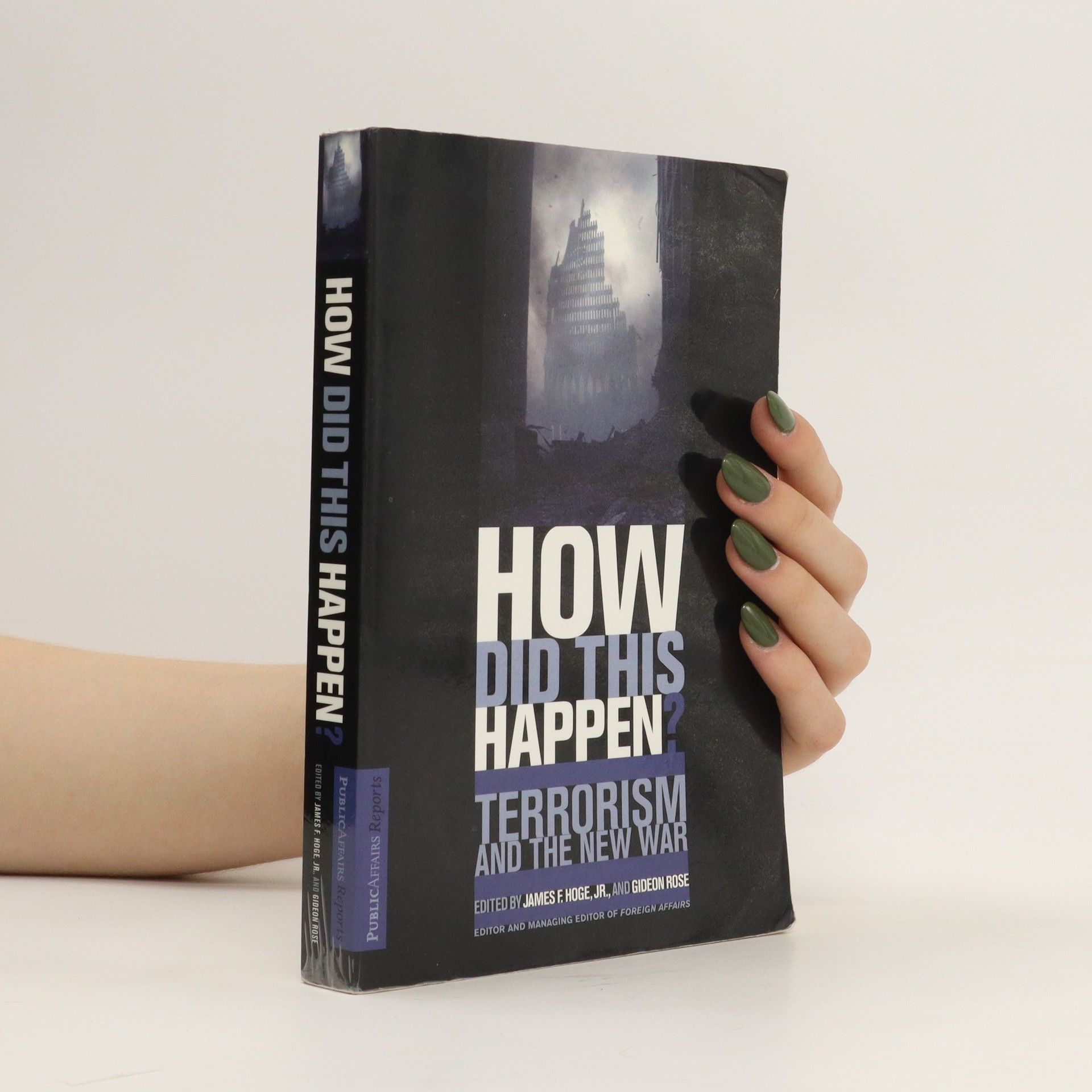How did this happen? : terrorism and the new war
- 352 stránek
- 13 hodin čtení
This work seeks to answer the question that arose in the aftermath of the 11th September terrorist attacks on America: How did this happen? The contributors examine the motives and actions of the terrorists, the status of the US military, the context of the Middle East, airport security, and diplomatic pressures. the book provides readers with an accessible account of the issues that led to the crisis - not as a symposium of opinion, but as a series of narratives on different aspects of the situation.
